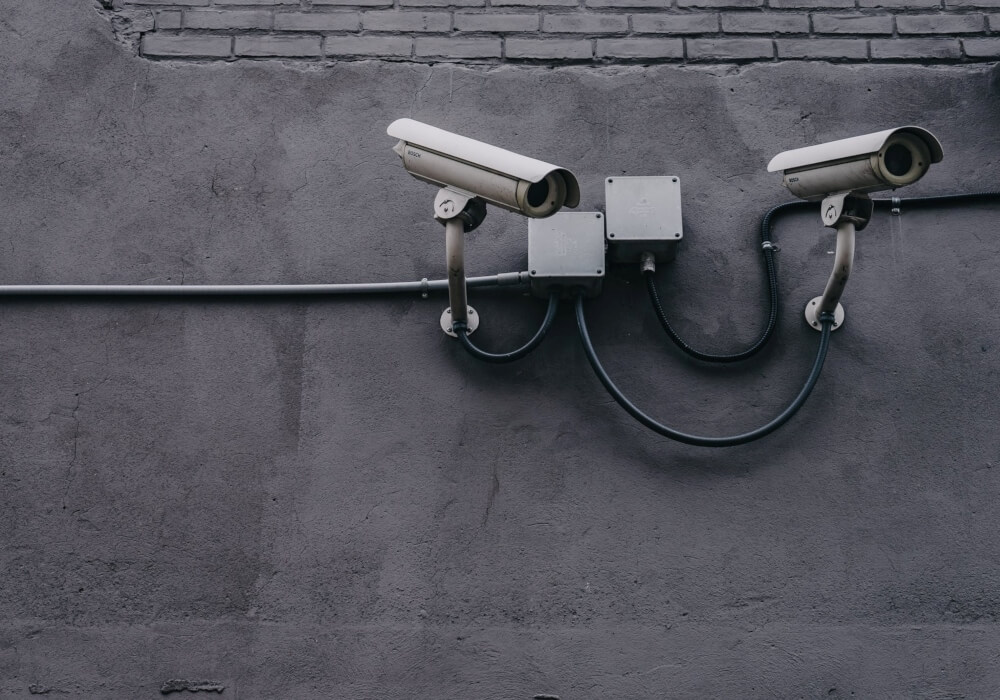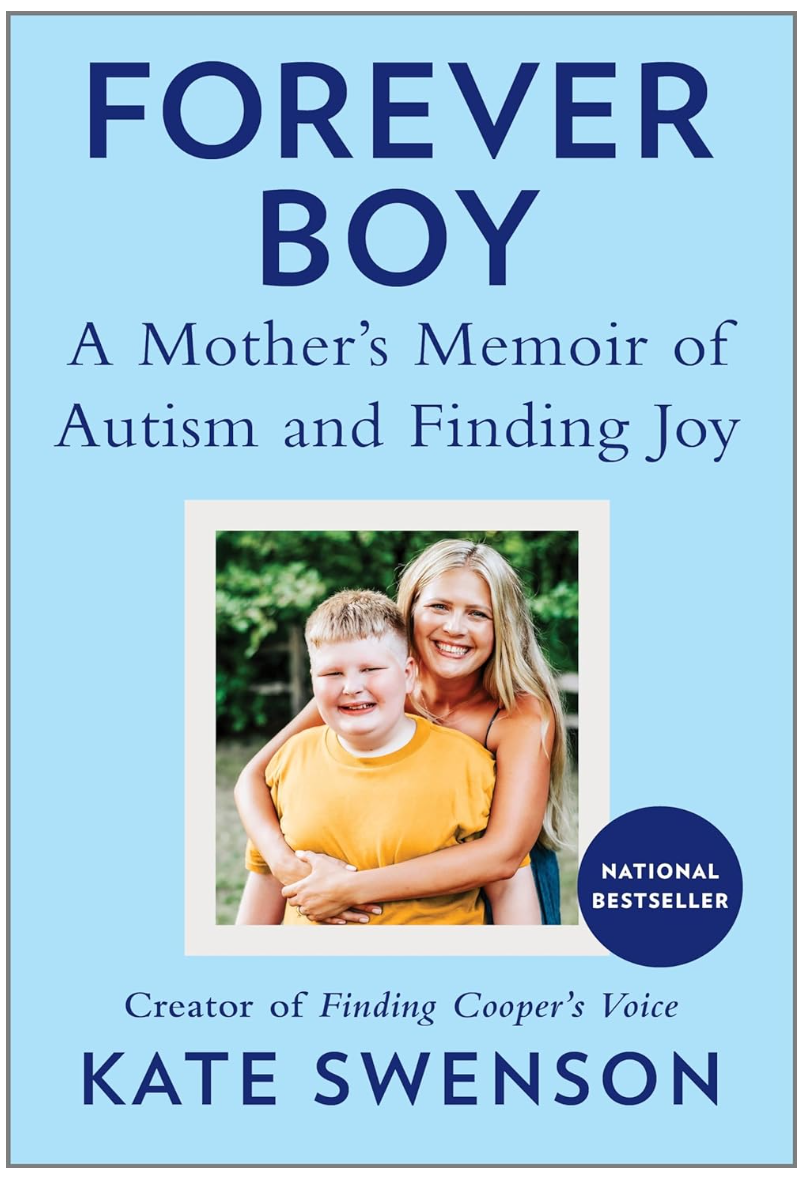States Require Cameras in Special Education Classrooms

In February I shared a very disturbing story with you about a parent’s worst nightmare. You can read the full story HERE.
Amber Pack, a West Virginia mother, sent her 8-year-old severely autistic daughter to class with a recording device after her child didn’t want to go back to school.
What Amber heard on the recording was sickening. The tapes uncovered verbal, emotional, and possible physical abuse.
Here are a few of the recordings.
Instructor #1: “This one I could punch her right in her face.”
A different instructor in the same class.
Instructor #2: “You got to go pee-pee? Pee-pee? Or do you not have to go pee-pee and you just want to go **** *** in a chair?”
This one makes me violently ill:
Instructor #1: “Growl at me. I dare you and you won’t get one. Go ahead. There is nothing says I have to give you a snack. Nothing.”
Instructor #2: “Looks like you get nothing Owen. Ha ha. Sorry buddy.’
I want you to picture your child. Autistic or not. Imagine someone speaking to them in this way.
It’s sickening.
Now imagine your child can’t communicate. They are entrusted in the care of this person. They depend on this person to give them water. A snack. Take them to the bathroom.
They are vulnerable.
As parents, we have no idea what is happening when they are out of our care.
And they can’t tell us when they get home either.
For many it’s too scary to even think about.
After Amber discovered the abuse her daughter was receiving, she demanded and advocated for change. She asked for a seemingly simple fix.
A fix that could protect students AND teachers. She asked for cameras in special education rooms.
And she won.
Parents and advocates in several states have encouraged legislation requiring the use of cameras in special education classrooms. If children are unable to report abuse because of a disability, the recordings can assist in investigations of suspected maltreatment.
So far, Texas, Georgia and West Virginia have enacted legislation that either requires or allows the use of cameras.
In March, West Virginia’s governor signed a bill requiring cameras, upon parent or staff request, in primarily self-contained classrooms. The law goes into effect in July and is conditioned on the appropriation of state funds.
“A recording is only viewed if there’s a report of abuse, neglect or sexual assault as defined by our Texas state family code,” says Jose Martín, school attorney with Richards, Lindsay & Martín in Austin.
Districts are required to keep footage for three months and notify individuals that a recording is in process.
Kristin McGuire, director of governmental relations for the Texas Council of Administrators of Special Education, says that districts feared the law would exacerbate existing staffing issues in special education. “I haven’t heard of that happening,” McGuire says.
And to be crystal clear, there is a huge shortage of people going into the special education field.
Thankfully though, according to McGuire, ‘most of the response [from special education teachers] has been: ‘Do what you need to do to reassure parents and stakeholders.’
Now those are my kind of teachers. Amazing.
What are your thoughts? Do you think special education classrooms should have cameras? All classrooms?

Interested in writing for Finding Cooper’s Voice? LEARN MORE
Finding Cooper’s Voice is a safe, humorous, caring and honest place where you can celebrate the unique challenges of parenting a special needs child. Because you’re never alone in the struggles you face. And once you find your people, your allies, your village….all the challenges and struggles will seem just a little bit easier. Welcome to our journey. You can also follow us on Facebook, subscribe for exclusive videos, and subscribe to our newsletter.

